In a pivotal summit held in St. Petersburg on December 25, tensions within the Eurasian Economic Union (EAEU) took center stage as Armenian Prime Minister Nikol Pashinyan diverged sharply from the political perspectives endorsed by Russian President Vladimir Putin and Belarusian President Alexander Lukashenko. Pashinyan’s firm stance highlighted the growing discord over the union’s role, with implications for regional dynamics and diplomatic relations.
Pashinyan’s Assertion
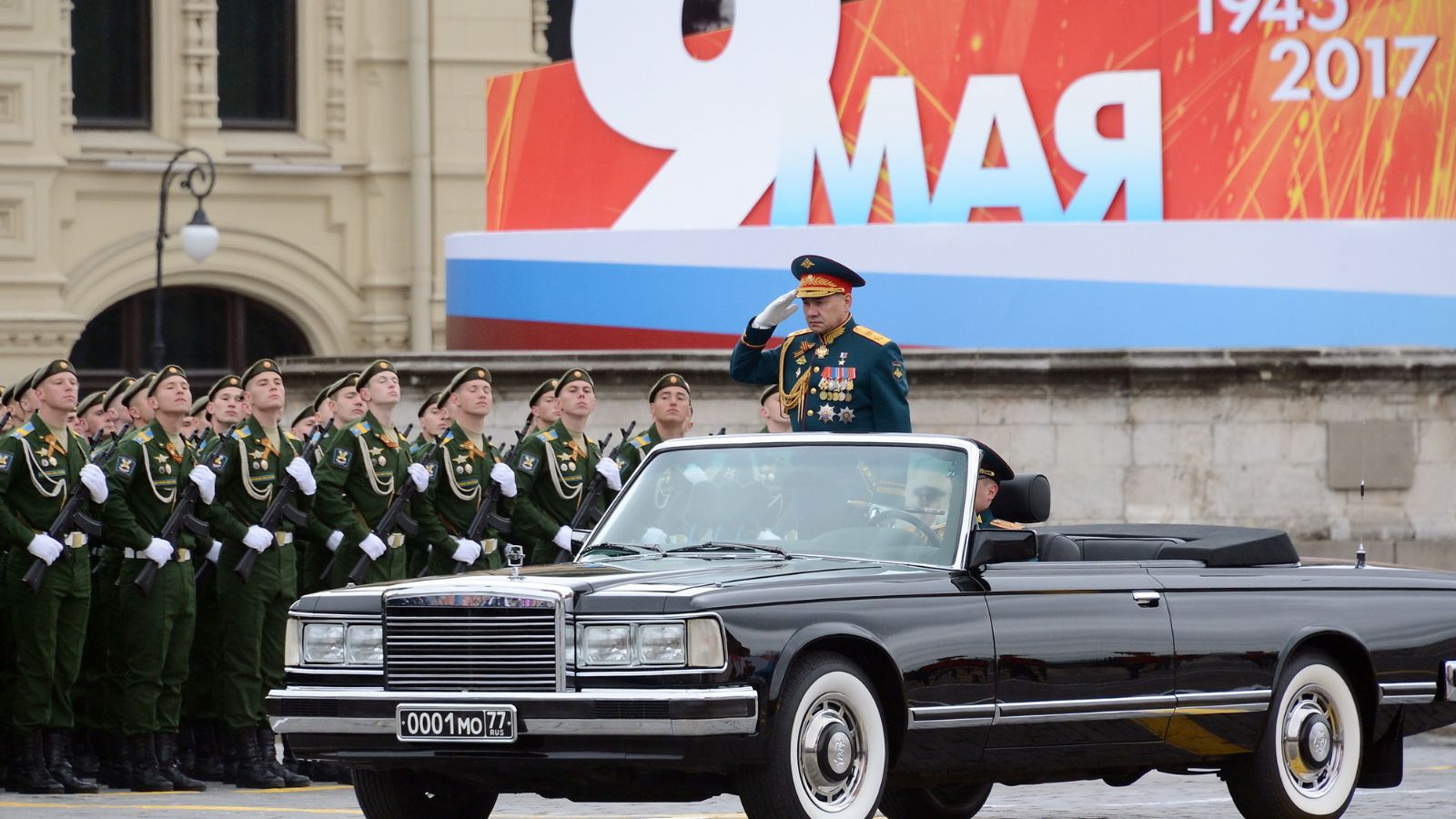
Pashinyan emphasized that the Eurasian Economic Union should not have a political or geopolitical agenda. He stated, “The Eurasian Economic Union is an economic association that should not have a political, let alone a geopolitical agenda,” highlighting the need to avoid politicizing Eurasian integration.
Economic Principles vs. Political Ambitions

The Armenian Prime Minister stressed the importance of keeping the EAEU’s economic principles separate from political ambitions. He argued that fundamental freedoms of trade and integration should not be restricted for political reasons to prevent the corrosion of the association’s fundamental principles.
Read More: Fallout from the McCarthy Handshake Deal with White House
What do Putin and Lukashenko Feel?
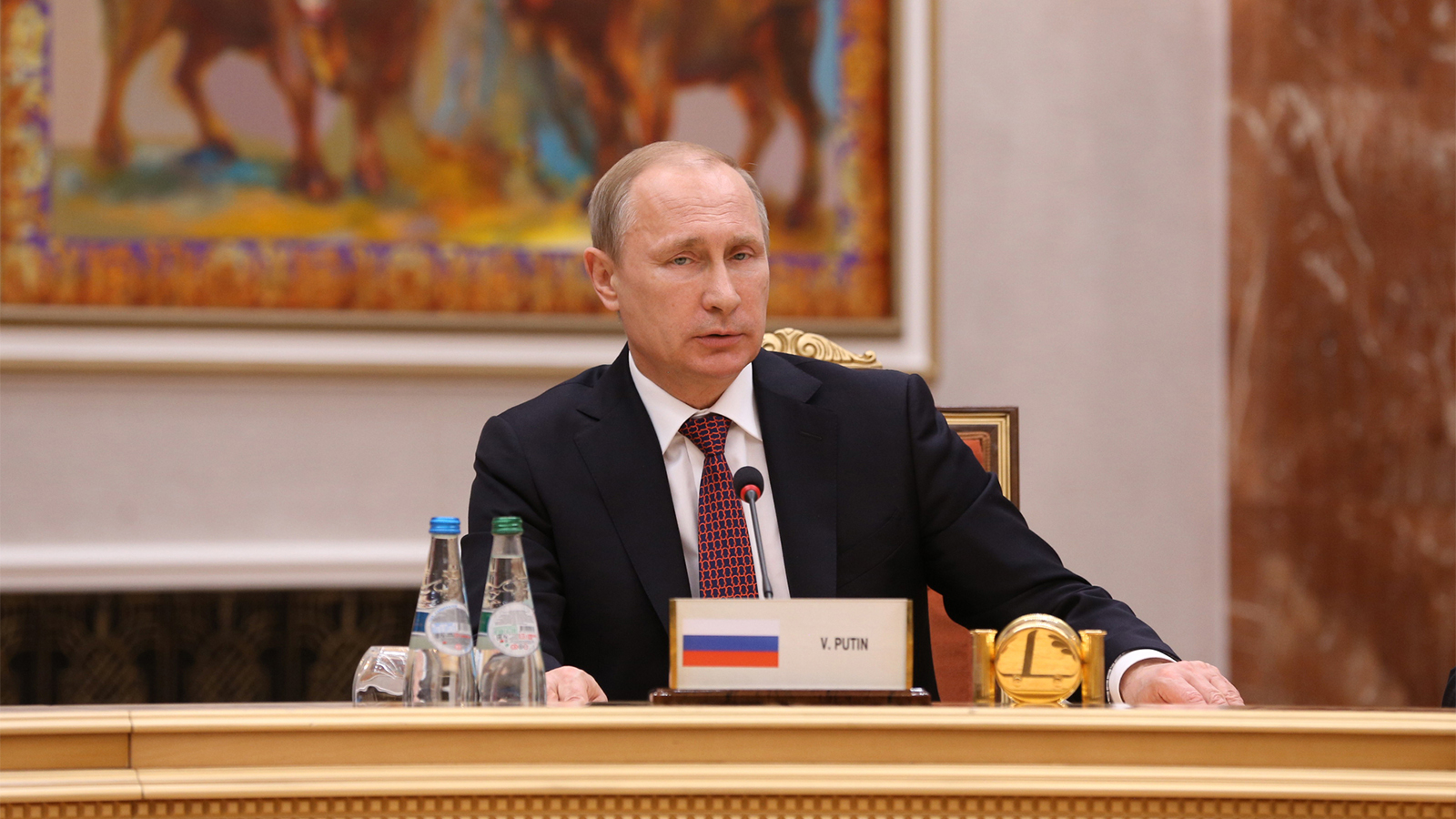
In contrast to Pashinyan, Russian President Vladimir Putin and Belarusian President Alexander Lukashenko have consistently advocated for the politicization of associations in the post-Soviet space. Their stance differs from Armenia’s emphasis on maintaining a purely economic focus within the EAEU.
Deterioration of Relations
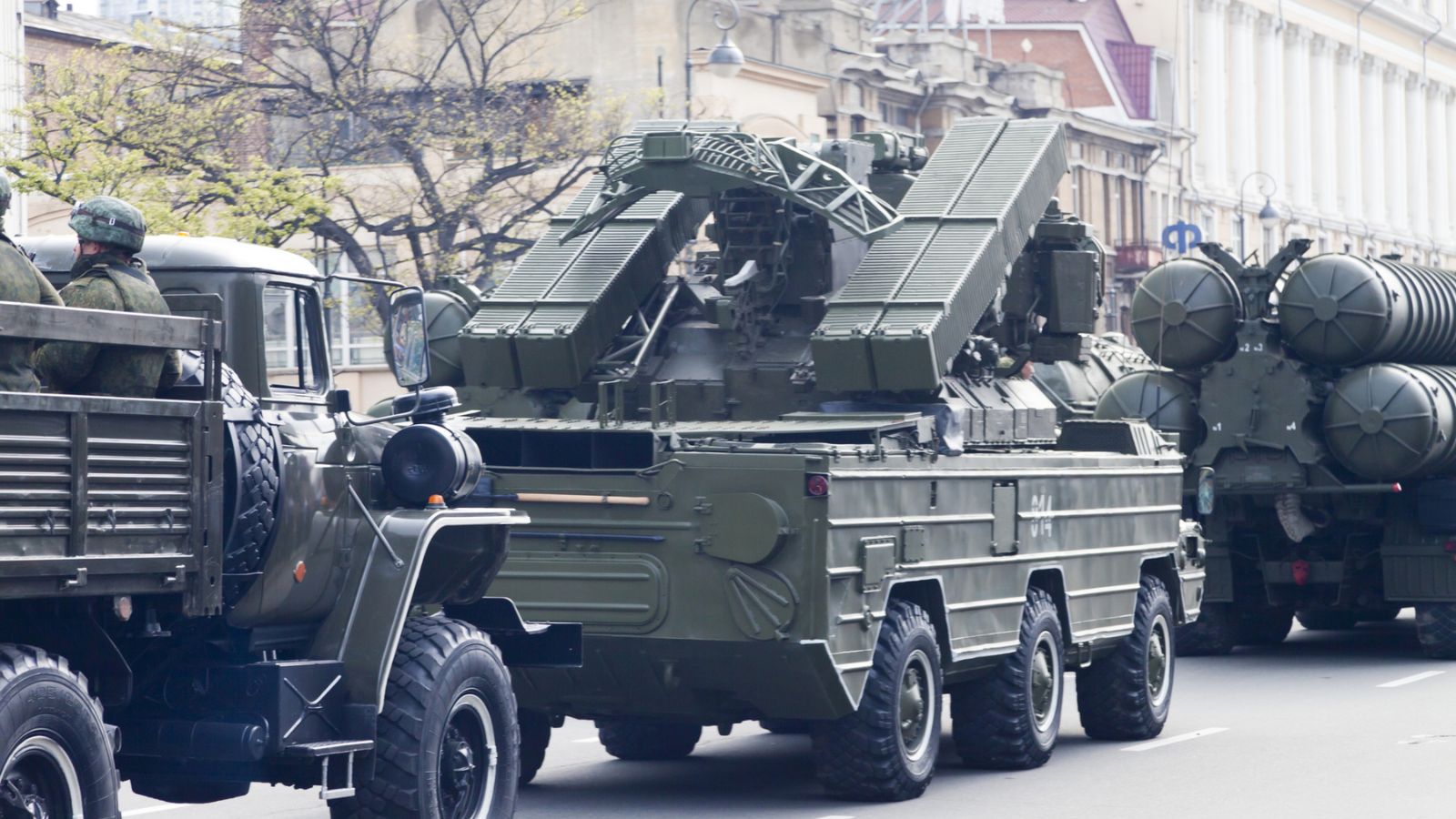
Armenia has expressed dissatisfaction with the lack of effective support from the Collective Security Treaty Organization (CSTO) member states, which include Russia and Belarus. The complaint surfaced during the Nagorno-Karabakh hostilities, questioning the efficacy of Russian military bases on Armenian soil.
Skela-2023 Exercise Controversy
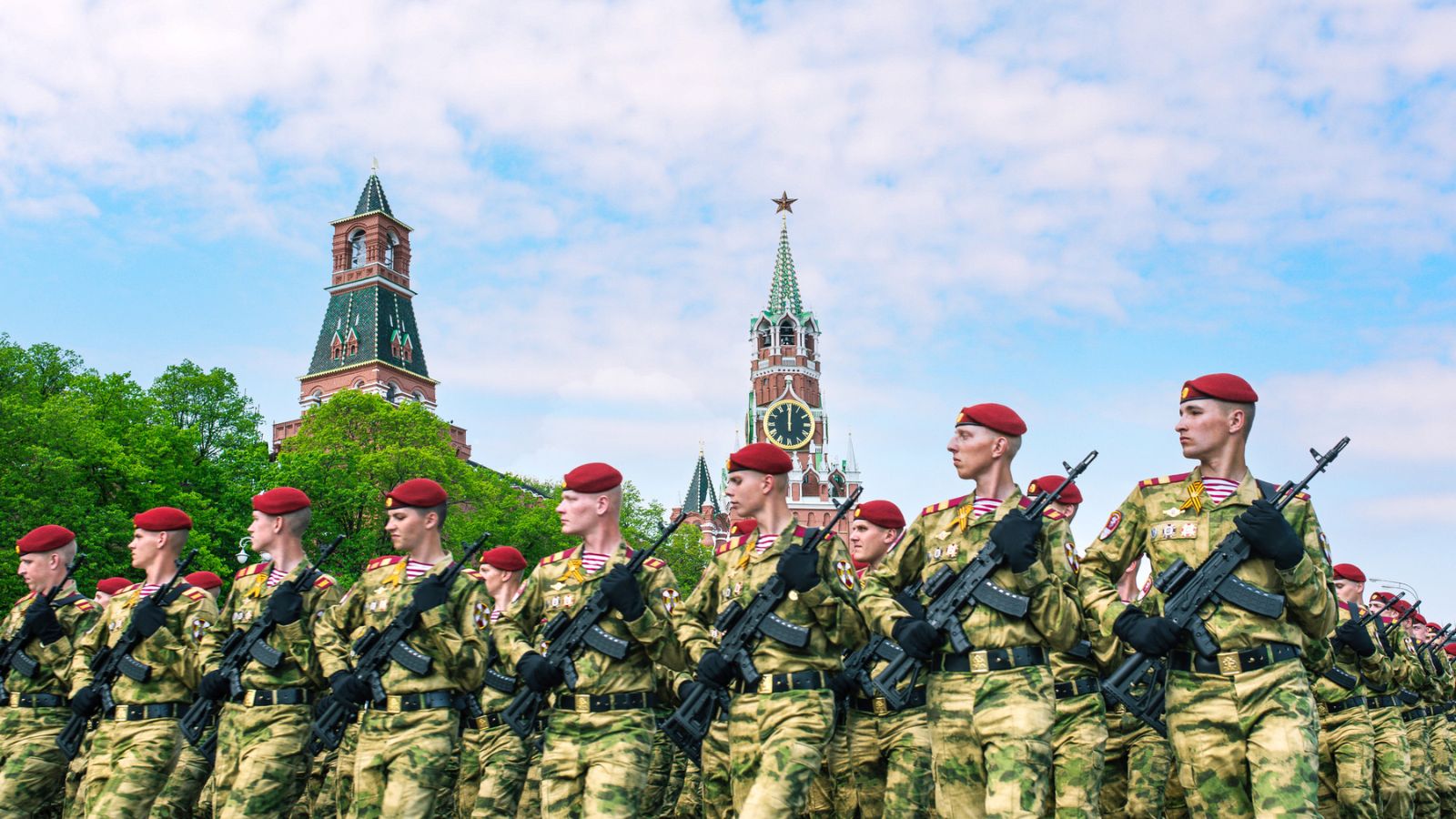
In the summer, Armenia declined participation in the Skela-2023 exercise in Belarus under the CSTO’s auspices. This move marked Armenia’s growing discontent with the organization and its alignment with Russia and Belarus.
Read More: Federal Judge Blocks California Law Restricting Guns in Public Places
Russian State TV Channel Controversy

Armenian authorities considered shutting down Russian state TV channels in October, citing violations. This decision hinted at the worsening relations between Armenia and Russia, signaling a shift in their traditionally close ties.
Anti-Russian Gesture

In early November, the Russian Federation expressed concern over Armenia’s participation in the Ukrainian peace formula summit in Malta, perceiving it as a “demonstrative anti-Russian gesture.” This added strain to the already tense relations between the two nations.
CSTO Member States
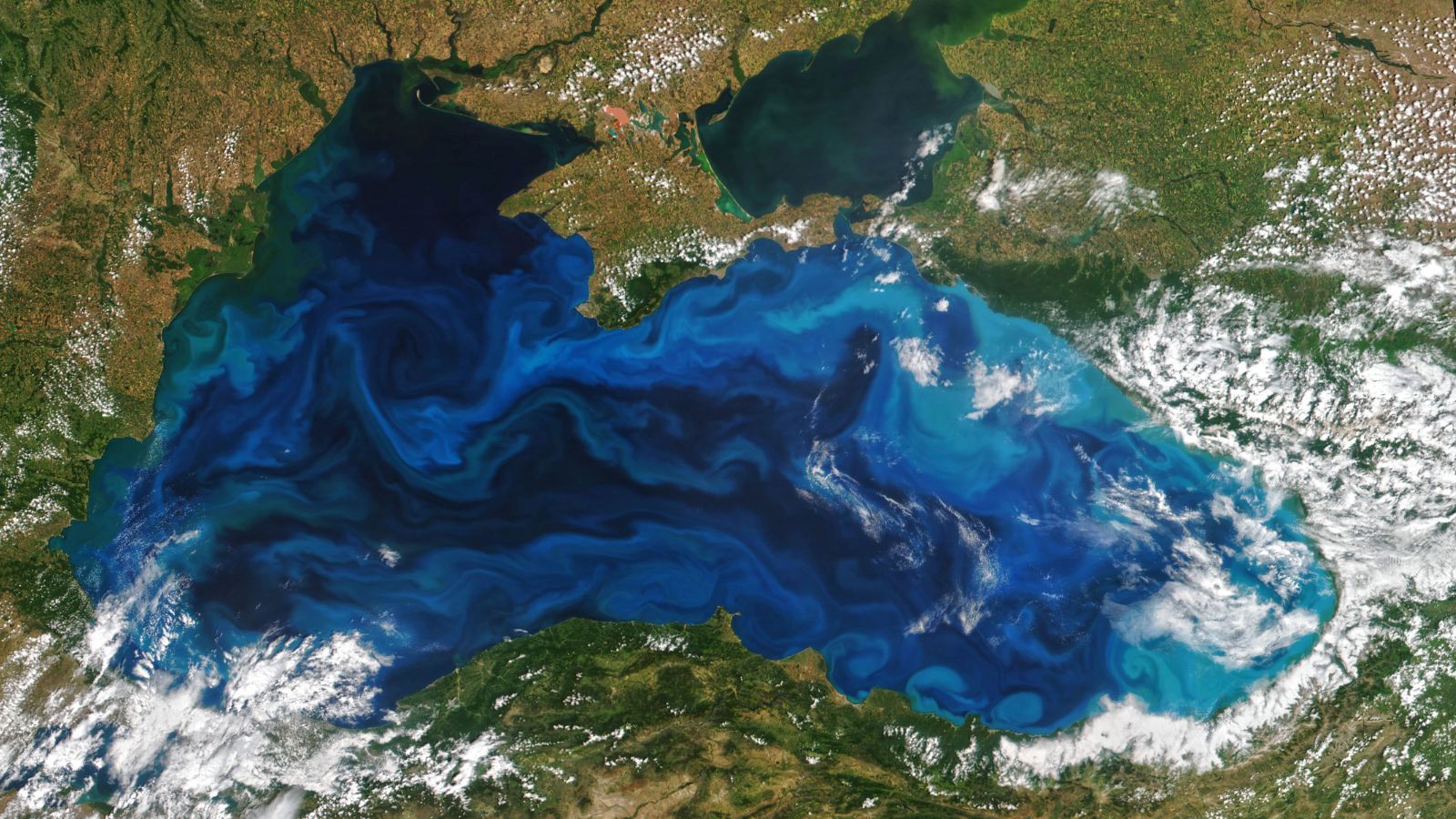
The Collective Security Treaty Organization (CSTO) comprises Russia, Belarus, Kazakhstan, Armenia, Kyrgyzstan, and Tajikistan. The dissatisfaction expressed by Armenia highlights internal challenges within this regional security alliance.
Also Read: Supreme Court Rulings Could Completely Alter Gun Control
Discord Over Russian Military Bases
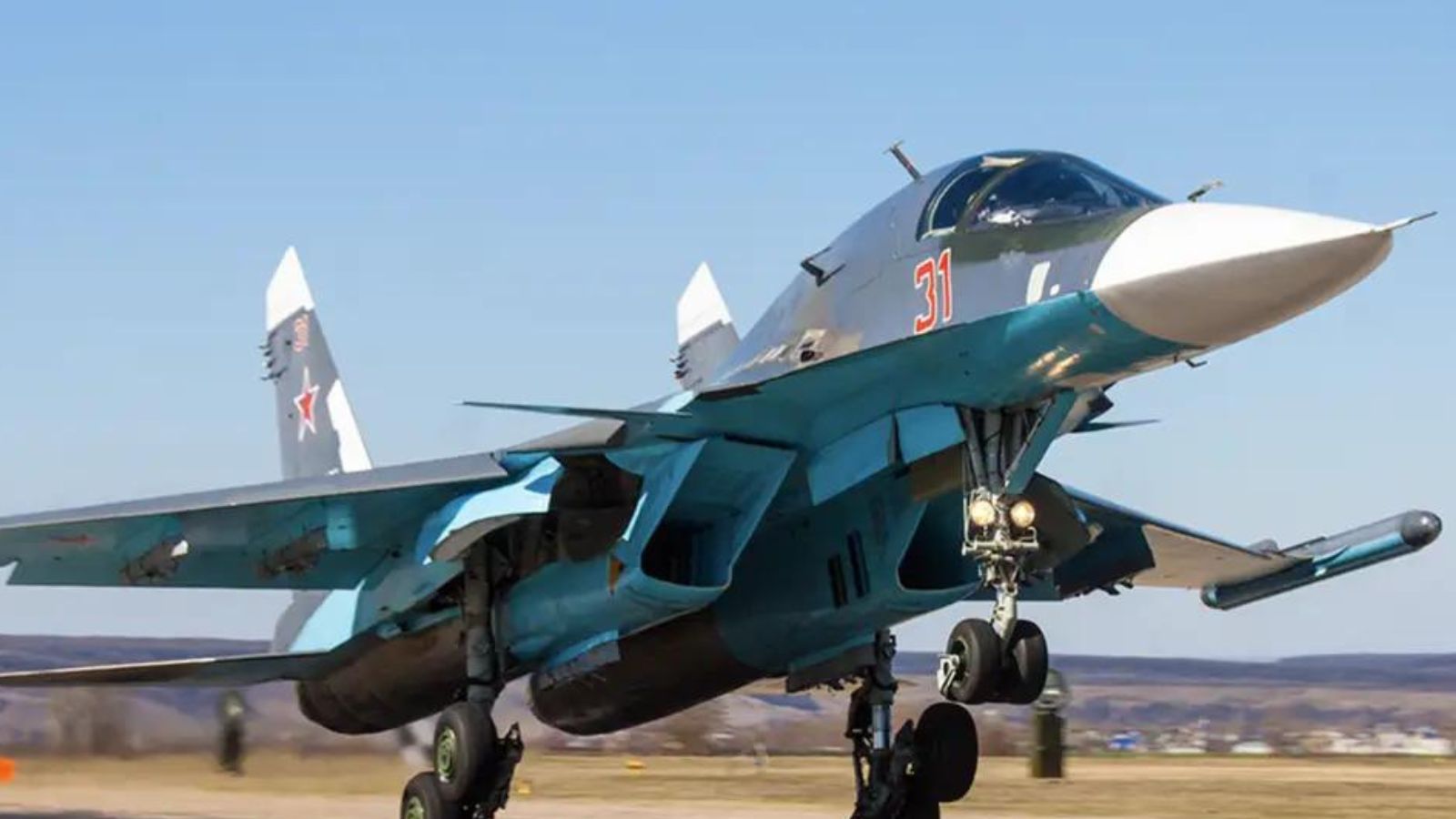
Armenia’s dissatisfaction with Russian military bases on its soil during the Nagorno-Karabakh conflict strained relations further. This discord pointed to the broader challenges faced by the CSTO in maintaining unity among member states.
Armenia’s Decline in Participation
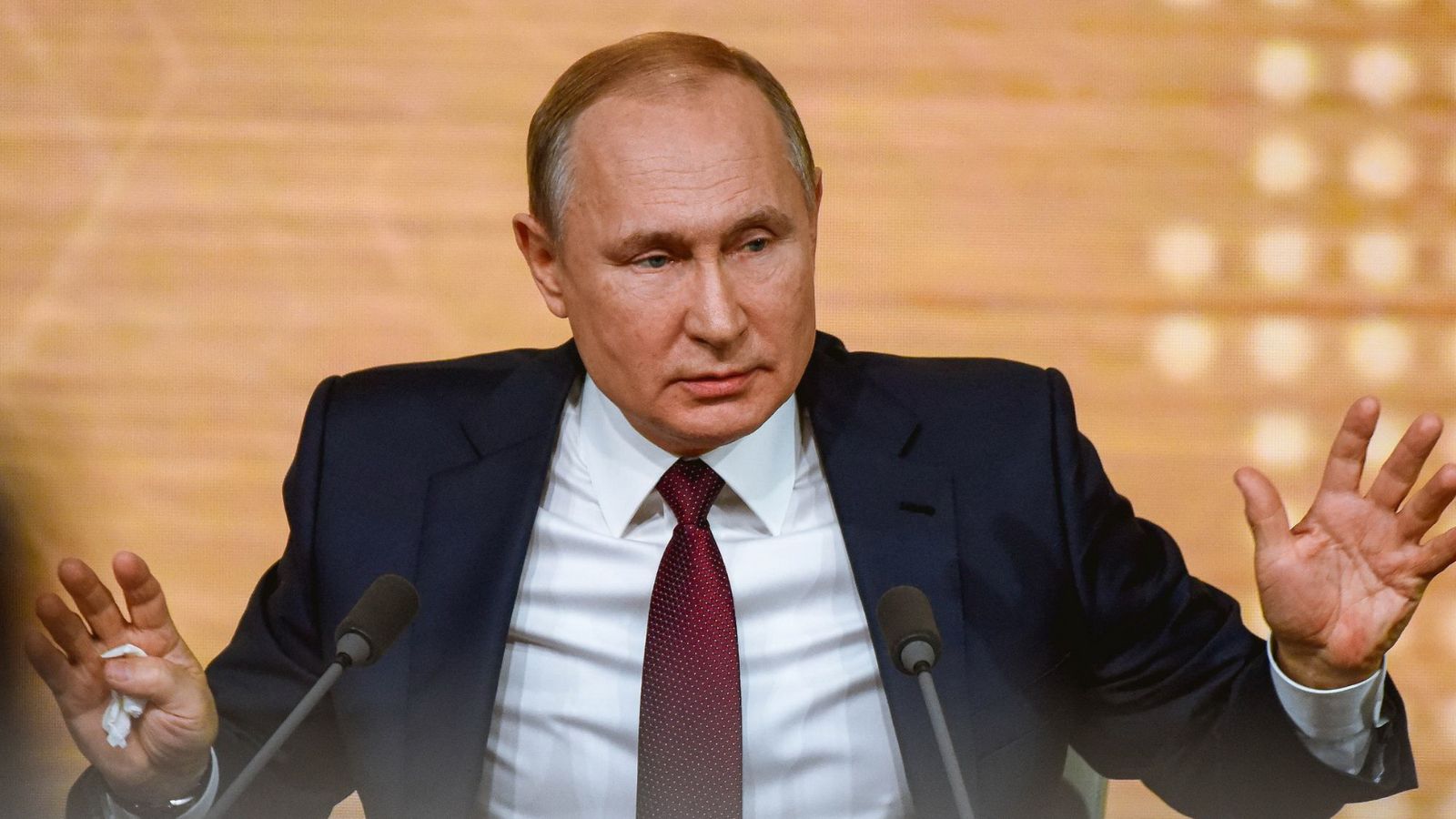
Armenia’s refusal to participate in the Skela-2023 exercise underscored its willingness to distance itself from Belarus and the CSTO. This marks a growing independence in its foreign policy decisions.
Impact on Fundamental Principles
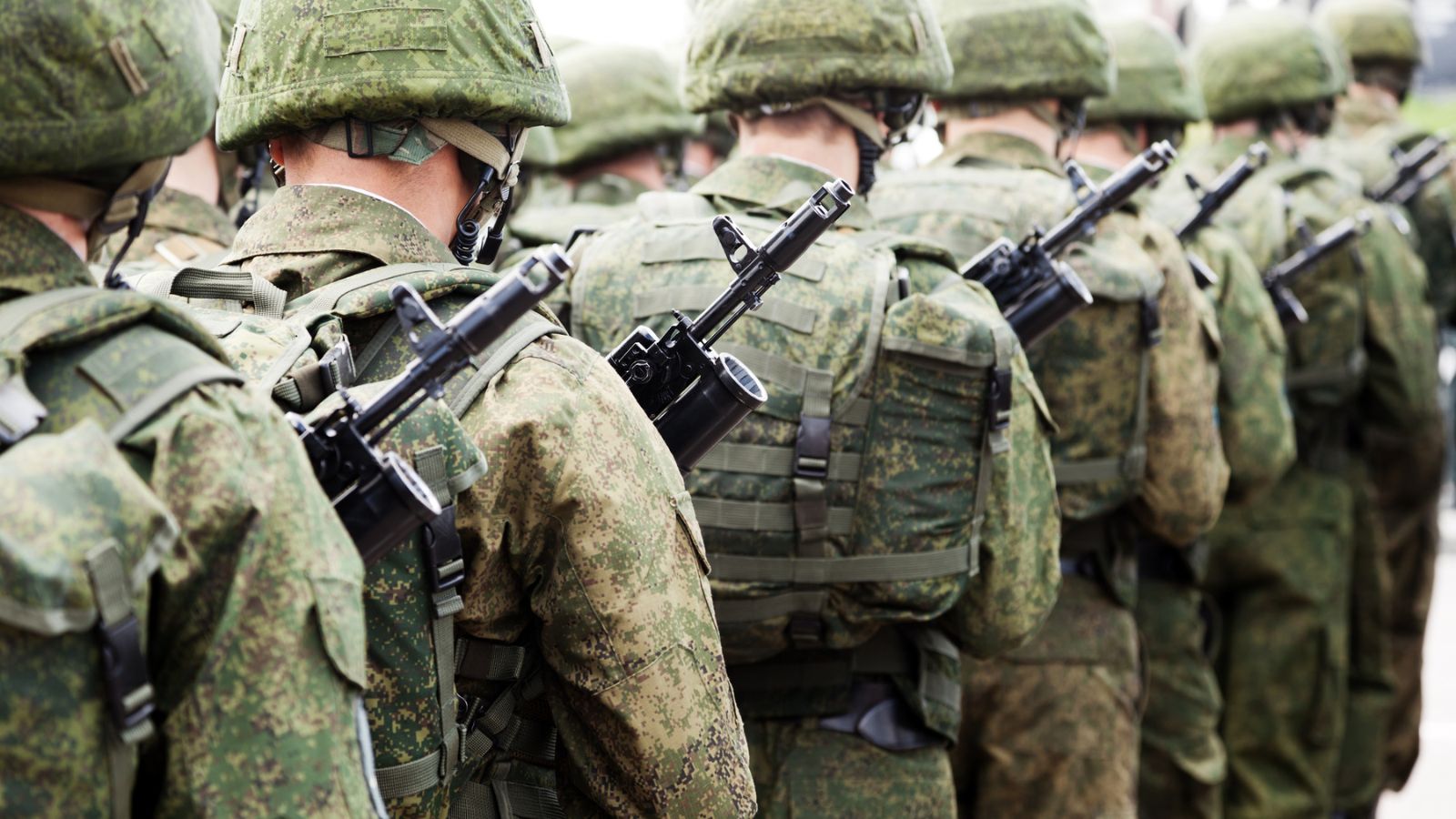
Pashinyan’s warning against restricting fundamental freedoms for political reasons highlighted the potential impact on the core principles of the EAEU if the organization succumbs to political pressures. Armenia’s dissatisfaction with the CSTO’s effectiveness during crises raised questions about the alliance’s ability to address member concerns and maintain solidarity in times of regional instability.
Read Next: British Fleet’s Daring Intercept: Chases of Russian Sub at Cork Harbour
Diplomatic Challenges
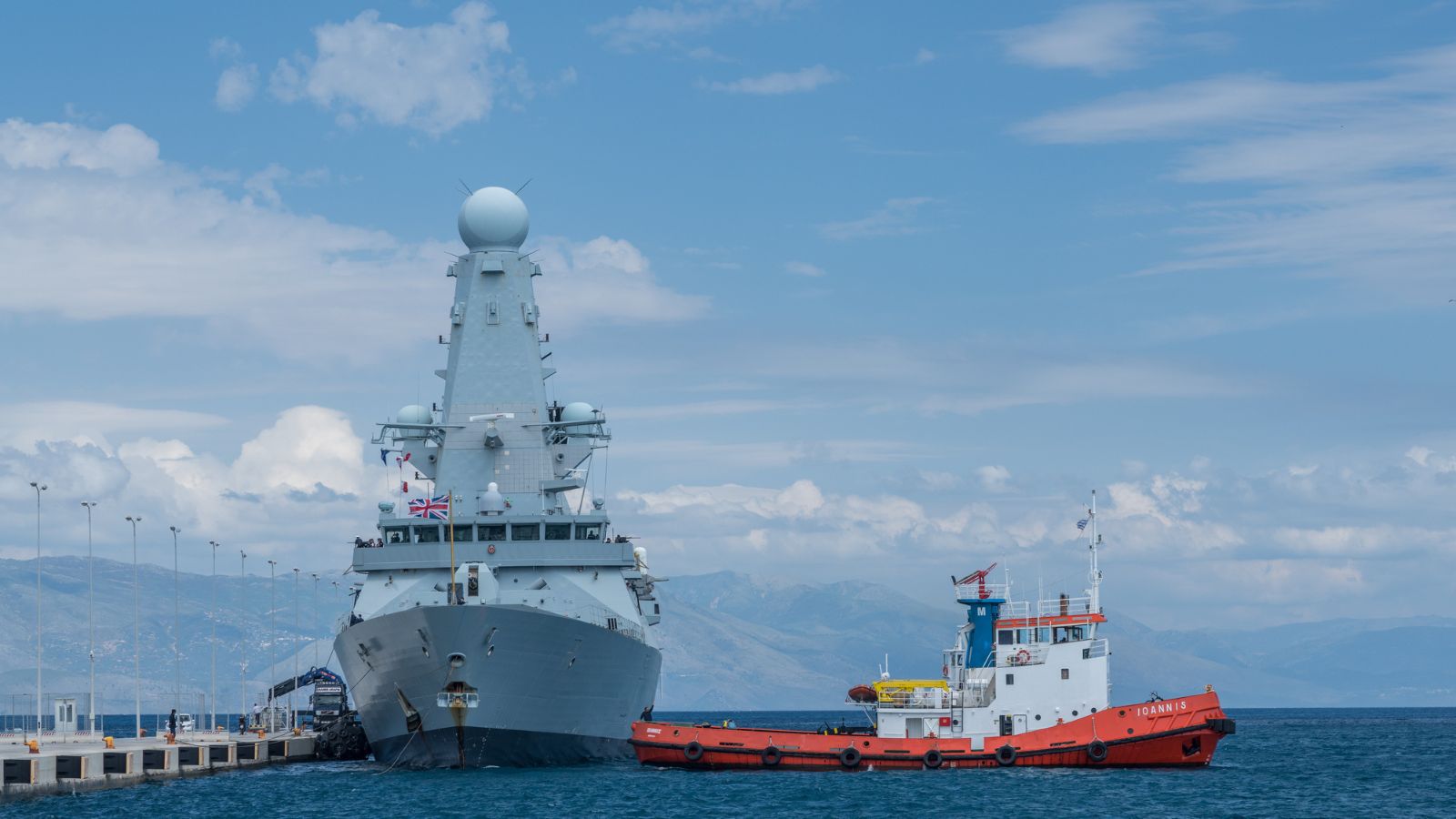
The tensions between Armenia and Russia, as well as Belarus, posed diplomatic challenges within the Eurasian region, impacting the dynamics of regional alliances and cooperation. As the rift between Armenia and its EAEU partners deepens, the future of economic and political collaboration within the region remains uncertain. The developments at the summit indicate a shifting landscape in Eurasian geopolitics.
More from The Stock Dork – Increase in U.S. Prison Population Signals a Shift in Decade-Long Trend


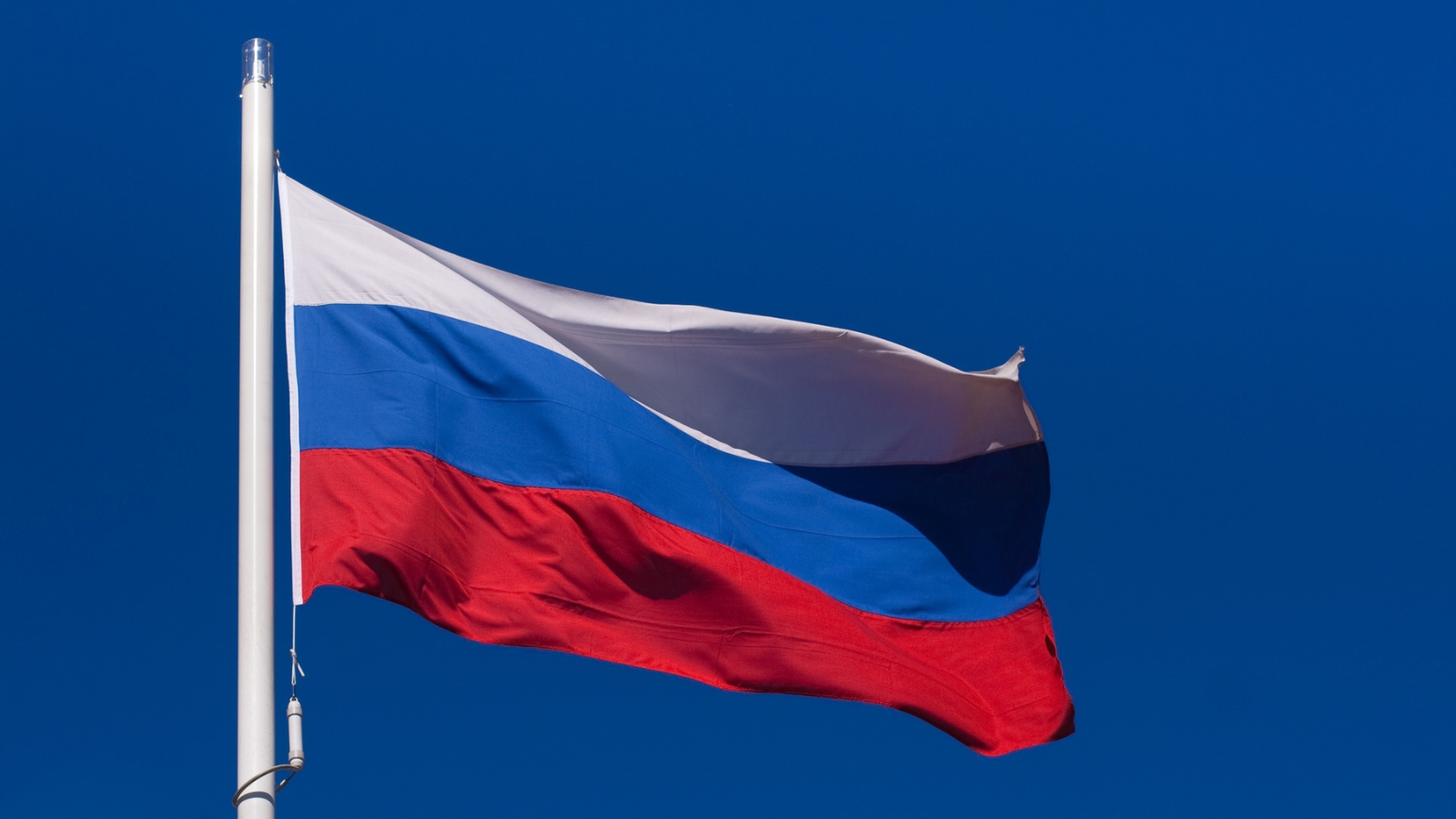




 Tags:
Tags:










